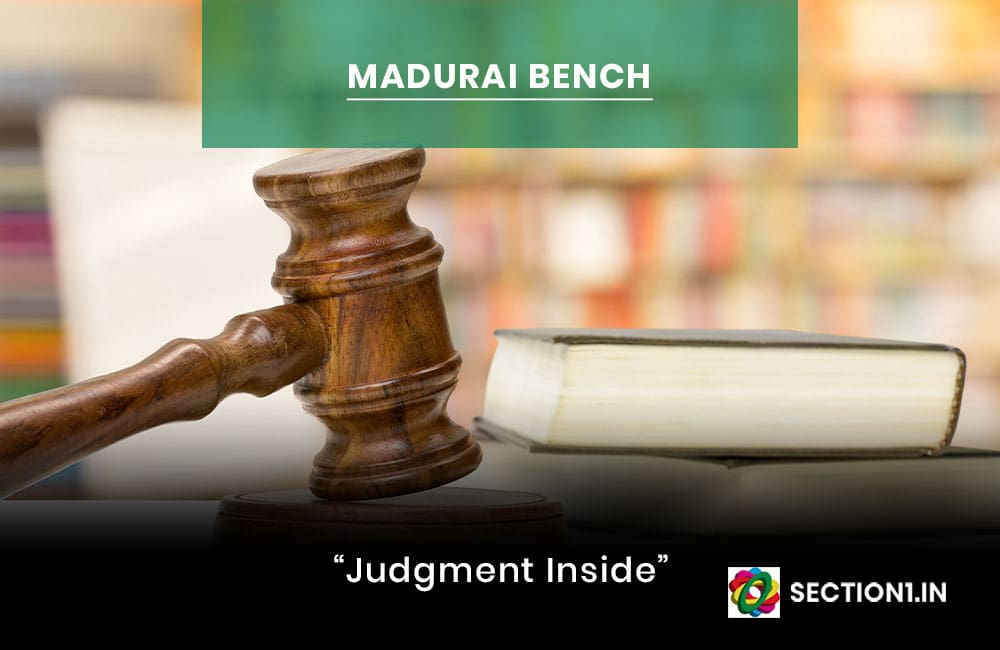VALUE OF THE CROSS-EXAMINATION OF THE HOSTILE WITNESS & APPRECIATION BY TRIAL JUDGE:
9. In the light of the above findings, when we peruse the chief examination of all the witnesses, it is seen that none of the witnesses supported the prosecution version in any manner. P.W.1-brother of the deceased never whispered anything about the presence of the accused and causing injuries. Similar in the case of other eyewitnesses. The entire statement of the witnesses recorded under Section 161(3) Cr.P.C., were put to the witnesses in the cross examination and in the last line it is suggested that they have given a false evidence in order to support the accused. From the nature of the questions put to the witnesses, we are of the firm view that what was extracted from the witness is the statement recorded under Section 161(3) Cr.P.C. and the suggestion put to the witnesses, wherein they denied witnessing the occurrence. Therefore, at no stretch of imagination such recording / extraction of 161(3) statement in the cross examination would be construed as substantive piece of evidence. Even assuming that the witnesses admitted in the cross examination that they have stated the above statement before the Investigating officer, such evidence would be useful only to prove the one particular fact that the said witness has given a statement under Section 161(3) Cr.P.C., not for any other purpose.
10. Therefore, even the witnesses admitted in the cross examination about the nature of the statement given to the Investigating Officer, such statement can never construed to be a substantive piece of evidence to prove the complicity of the accused. Substantive evidence means the evidence tendered by the witnesses on oath during the criminal trial. Therefore, mere repeating the statement contained in 161(3) Cr.P.C by the public prosecutor under the pretext of cross examination of the witness who turned hostile can never be substantive evidence. It is relevant to note that the purpose of treating the witnesses hostile and cross examination is to get some materials or to unearth truth from the witnesses.
11. The probative value of the evidence of the hostile witnesses always depends on the validity and the confidence it generates in the mind of the Court after being subjected to close scrutiny. Therefore to scrutinize the evidence, there must be a proper cross examination which resulted certain answers from the witnesses, which are relevant one way or the other to the case to prove the complicity of the accused. Only in that context, the cross examination of such witnesses is required. Therefore, mere mechanical typing of the 161(3) statement and recording a general suggestion, as if the witness is lying can never to be construed as an evidence at all. Therefore, the learned trial Judge’s conclusion that the witnesses admitted the occurrence is nothing but figment of imagination of the trial Judge. Though evidence of hostile witnesses cannot be rejected in toto and the same also can be considered with other corroboratory evidence to base the conviction, but in the given case, there is no material available on record from the statement of eyewitnesses to prove the complicity of the accused. Except the evidence of P.W.13, no other relevant materials found against the accused. Even from the recovery, there is no incriminating evidence found against the accused.
PARTY: 1.Kannan@ Mannanai Kannan 2.Ramar 3.Selvam … Appellants 1 to 3/ Accused Nos.1 to 3 in Crl.A.(MD)No.3/2020 4.Balamurgan … Appellant / Accused No.4 in Crl.A.(MD)No.22/2020 vs. State Represented by: The Inspector of Police, C5 Karimedu (L&O) Police Station, Madurai City. (Crime No.87 of 2016) … Respondent / complainant in both Crl.As-Crl.A.(MD)No.3 of 2020 – 28.02.2022 – MADRAS HIGH COURT MADURAI BRANCH.
SOURCE: https://www.mhc.tn.gov.in/judis/index.php/casestatus/viewpdf/810652
URL:
Files : Download



